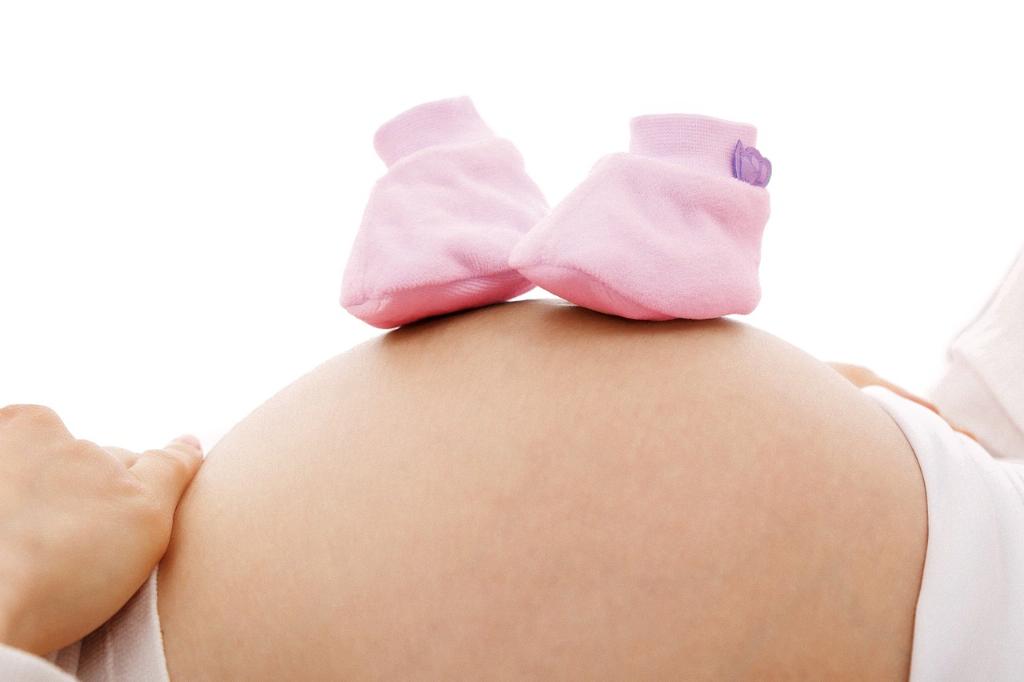Iron deficiency is a critical issue that can have serious repercussions on a baby’s health and development. As iron levels decline, babies may exhibit various symptoms that are indicative of the deficiency.
Pale Appearance and Weakness
One of the most visible signs of iron deficiency in babies is the development of a pale complexion. This occurs due to the decrease in red blood cell production, leading to reduced oxygen circulation in the body. As a result, babies may appear weak and fatigued.
Decreased Appetite and Weight Gain
Iron-deficient babies often experience a decreased appetite, which can impact their overall nutritional intake. Consequently, they may gain weight poorly, leading to concerns regarding their growth and development.
Increased Susceptibility to Infections
Iron plays a crucial role in supporting the immune system. Therefore, babies with iron deficiency are more prone to developing respiratory and intestinal infections. These frequent illnesses can further compromise their health.
Development of Pica
In severe cases of iron deficiency, babies may develop a condition called pica, where they crave non-food items such as dirt or chalk. This unusual behavior is a red flag for underlying nutritional deficiencies.
Impaired Behavioral Development
A concerning association exists between iron deficiency and impaired behavioral development in babies. Research suggests that inadequate iron levels can affect cognitive function, leading to behavioral issues in children.
Cognitive Impairments
The impact of iron deficiency extends to cognitive development, affecting a baby’s ability to learn, process information, and engage in age-appropriate activities. This can have long-term consequences on their academic performance and overall well-being.
Delayed Psychomotor Skills
Iron deficiency can also hinder the development of psychomotor skills in babies, which involve coordination of movements and muscle control. Babies may exhibit delays in reaching developmental milestones such as sitting, crawling, and walking.
Emotional Instability
Research suggests that iron deficiency may contribute to emotional instability in babies, leading to mood swings, irritability, and difficulty in regulating emotions. These behavioral changes can impact the baby’s interactions and social development.
Impaired Neurological Function
The brain requires sufficient iron for optimal functioning, and a deficiency can impair neurological processes in babies. This can manifest as delays in speech development, learning difficulties, and reduced problem-solving abilities.
Risk of Long-Term Consequences
Early detection and intervention are crucial in addressing iron deficiency in babies to prevent long-term consequences on their health and development. Failure to address the deficiency promptly can lead to persistent cognitive and behavioral challenges.
Importance of Iron-Rich Nutrition
Ensuring that babies receive adequate iron through their diet is essential for supporting their growth and development. Incorporating iron-rich foods such as fortified cereals, lean meats, beans, and leafy green vegetables can help prevent iron deficiency and its associated complications.
Consultation with Healthcare Providers
If you suspect that your baby may be experiencing symptoms of iron deficiency, it is imperative to consult with healthcare providers for proper diagnosis and treatment. Early intervention can help mitigate the impact of iron deficiency on your baby’s health and well-being.

